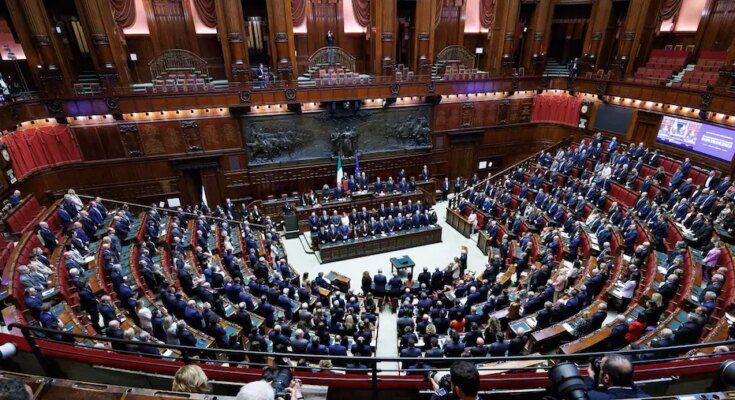It passed the House Judiciary Committee delegation to the Government for frivolous complaints. Embodied in an additional article of the European delegation’s law, the law deals with the transposition of Directive 2024/1069 into our legal system, aiming to counter strategic legal actions opposing public participation. A phrase that may be too vague, but protective figures undoubtedly also fall within the scope of the application of protective discipline journalist compared to grandiose and intimidating legal initiatives.
The only slightly more precise criterion that the Government must adhere to in carrying out its delegation is to clarify “issues that have cross-border implications”, which, in the opinion of the majority, is essential for strengthening protection measures.
Opposition point of view
Too much and too little, for the opposition. In fact, if on the one hand the delegation is very vague, leaving excessive room for movement in its implementation, on the other hand the criteria transnationality exclude exclusively national legal acts, which should be included.
For Valentina D’Orso (5 Stars) the Government’s amendments are just «a cosmetic intervention that reveals its true intention not to adapt to EU law. Currently – continues D’Orso -, in fact, the only guiding principles and criteria formulated in the Government’s amendments require defining the notion of «issues with “cross-border implications”. This provision also expresses the Government’s desire to limit it as much as possible scope of application regulations that implement these directives, because they do not want these regulations to have a place in the internal disputes that are actually needed to ensure maximum protection for those who work in the world of information”.
The 5 Star and Pd proposals aim to give the judge the possibility to immediately reject actions that are clearly unfounded, accompanied by the decision. financial sanctions.



